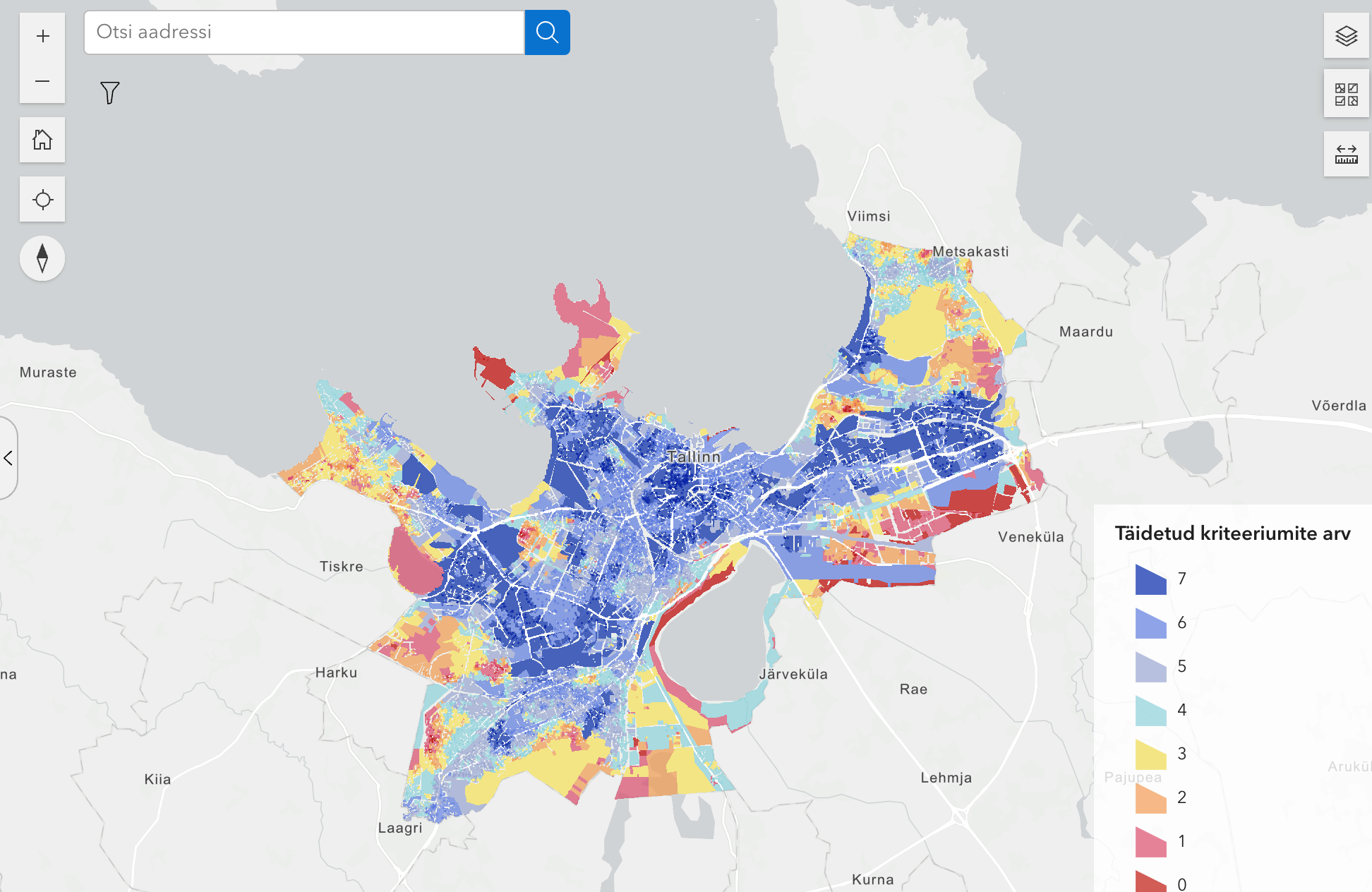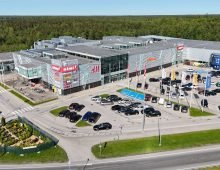Tallinn’s 2025 budget emphasizes the principles of the 15-minute city and an analysis of the spatial distribution of services. This approach enables more efficient planning for new kindergartens, schools, and services for seniors, improving accessibility and aligning with community needs.
The proposed budget allocates €6.1 million to urban planning operations for the coming year. Key priorities include shaping Tallinn’s spatial identity through comprehensive plans, directing the development of urban and mobility centers, and enhancing street spaces into high-quality public environments.
Deputy Mayor for Urban Planning Madle Lippus noted that while many daily services in Tallinn are already within a 15-minute walking distance, there is still room for improvement in planning these routes. “In addition to better understanding service planning, our goal is to create equal opportunities for all space users. This often involves connecting developments with public transport accessibility or designing urban spaces that encourage walking. That’s why we will continue implementing the principles of the 15-minute city in 2025. Several streets will be redesigned with a more human-centered approach, and we will advance significant infrastructure projects like the Liivalaia tram extension to Kristiine keskus or the Kristiine multimodal transport hub,” Lippus said.
Major initiatives planned for next year include the public display and refinement of the Põhja- Tallinn Comprehensive Plan after its adoption, ongoing development of the Kesklinn Comprehensive Plan, and the conceptualization of a city-wide plan—Tallinn’s Spatial Vision. Competitions for landscape architecture and building design will be held for Rävala puiestee, the Tallinn Open Repository, the Varraku swimming pool, Kalamaja Primary School’s expansion, and Martsa Primary School. Additionally, the spatial vision for the Kristiine multimodal hub will be completed. Detailed plans for the Pikaliiva, Veerenni, and Lepiku kindergartens, as well as the Pae Street sports hall, are also on the agenda.
The goal of the urban planning sector is to enhance Tallinn’s spatial environment, thereby improving the city’s quality of life and competitiveness. This work is guided by the “Tallinn 2035” development strategy and the European New Bauhaus principles for spatial quality. Key tasks include creating a unified strategy for the city’s development, planning, and infrastructure, drafting necessary plans, and monitoring their implementation.
Tallinn’s 2025 city budget must be approved by the City Council. The proposed budget totals €1.29 billion, an increase of €69.9 million or 5.7% compared to the revised 2024 budget. Operating costs are set at €1.03 billion, with €250 million allocated for investments. Total revenue is projected at €1.1 billion.
Source: tallinn.ee


















